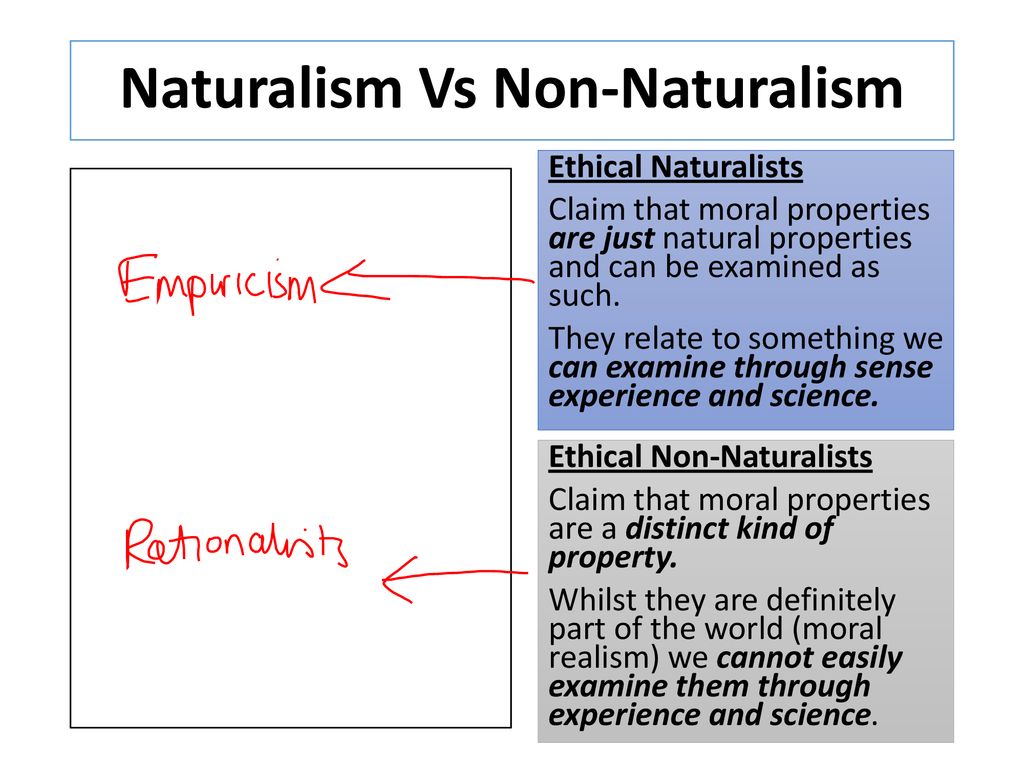The main idea of this essay is not the uninteresting autobiographical one of telling people what led me to philosophy, but rather to pass on what it was so that it might just lead others. There might have been one or two other seminal books I could have chosen.1 At the early stages of getting to know anything where one starts is likely to be happenchance and based on the accident of circumstance. (In this case it just happened to be one of the very few philosophy books in the local public library.) For it is only after one starts that one’s investigations become more directed. You have to be somewhere before you can start finding your way around, wherever that somewhere is.
The book in question is Karl Popper, The Open Society and Its Enemies, first published in 1945.
I shall not go through the details of the discussions of the central protagonists, Plato, Aristotle, Hegel, and Marx, but rather try to convey what lies at the heart of book, the thrust of its argument, and how this opens out into the wider world of philosophy, not so much in the sense of other philosophical subjects, but rather what is at the core of philosophy overall.
Karl Popper, The Open Society and Its Enemies. Buy it right here!
Amazon affiliate link. If you buy through this link, Daily Philosophy will get a small commission at no cost to you. Thanks!
Central to The Open Society and Its Enemies is the advocation of free open critical thought, and an attack on closed finished outlooks that purport to deliver definitive even final answers, both in itself, but also because it is the only that way things can be tried out and errors be corrected. Always keep the door ajar on other views. Keep the running thread of fallibilism in your thoughts – that always you might be wrong, that evidence or arguments may appear that can and should change your mind. The book opposes what it calls tribalism, the closed society. That is, the huddling together behind closed-wall unassailable beliefs, and thereby often setting them up in opposition and conflict to other tribes. This applies to social doctrines on how society should be organised, and the avoiding of all-time right answers.
If one has to intervene as a state in the lives of people, do it in a small-scale piecemeal way, for only then will one have the chance to correct a theoretical idea by trial and error when confronted, as it certainly will be, by the reality of application. Theory always falls short of practice. Eschew grand plans, the radical ripping up from the foundations, the sweeping away and starting again. The results will be a litany of fanning out unintended consequences that are not only harmful or disastrous, but also may be irreversible. We simply do not have and never will have the knowledge for …
Read the full article which is published on Daily Philosophy (external link)









